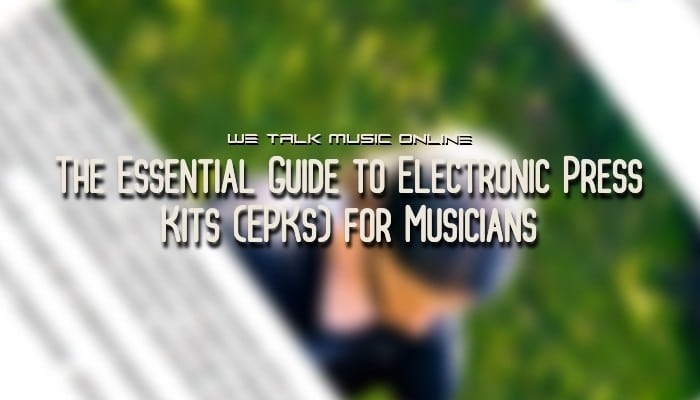Talent alone is not always enough to ensure success. In an industry where connections and relationships play a significant role, networking has become a valuable tool for musicians. Building a strong network can open doors, create opportunities, and help artists navigate the complex landscape of the music industry. In this article, we will explore why networking is crucial for musicians and provide some valuable tips and ideas to make the most out of networking opportunities.
Networking enables musicians to establish connections with industry professionals, fellow artists, and music enthusiasts. It provides a platform for collaboration, exposure, and growth. One key aspect of networking is the ability to create a support system, a community of like-minded individuals who can offer guidance, feedback, and even potential collaborations. These connections can lead to invaluable opportunities, such as getting signed to a record label, finding the right producer or manager, or landing gigs and performances.
Another essential aspect of networking is the potential for knowledge exchange. By engaging in conversations with industry insiders, musicians can gain valuable insights, advice, and information about industry trends, marketing strategies, and new technologies. This knowledge can prove invaluable in staying ahead of the curve and making informed decisions about one’s music career.
Musicians Institute’s blog emphasizes that networking is not limited to in-person events. In today’s digital age, social media platforms and online communities play a significant role in connecting artists from all around the world. Building a strong online presence, sharing your music, and engaging with fans and industry professionals on platforms like Instagram, Twitter, and SoundCloud can help expand your network and reach a wider audience.
To make the most out of networking opportunities, here are some tips and ideas to consider:
- Be proactive: Take the initiative to attend industry events, conferences, and workshops. Actively seek out opportunities to connect with fellow musicians, industry professionals, and fans.
- Be genuine and authentic: Networking is about building relationships, so be yourself. Show genuine interest in others and their work. People appreciate authenticity and are more likely to remember you if you leave a positive impression.
- Be prepared: Have your elevator pitch ready. When introducing yourself, succinctly communicate what makes your music unique and why someone should pay attention. Also, carry business cards or other promotional materials to leave a lasting impression.
- Follow up: After networking events or meetings, follow up with the people you connected with. Send a personalized message expressing your appreciation for their time and reiterate any discussed ideas or potential collaborations. Building and maintaining relationships require ongoing effort.
- Collaborate and support others: Networking is a two-way street. Offer your skills, knowledge, or resources to other musicians. Collaborating with others not only expands your network but also allows for creative growth and exposure to new audiences.
- Leverage online platforms: Create a strong online presence by actively engaging on social media platforms. Share your music, interact with fans, and connect with industry professionals. Join online communities or forums related to your genre of music.
Networking in the music industry is a vital tool for success. By building meaningful connections, musicians can open doors to new opportunities, gain valuable insights, and foster collaborations. Remember, networking is an ongoing process that requires effort, authenticity, and a willingness to support others. So, take the plunge, attend events, engage online, and build your network – you never know where it might lead you in your musical journey.




